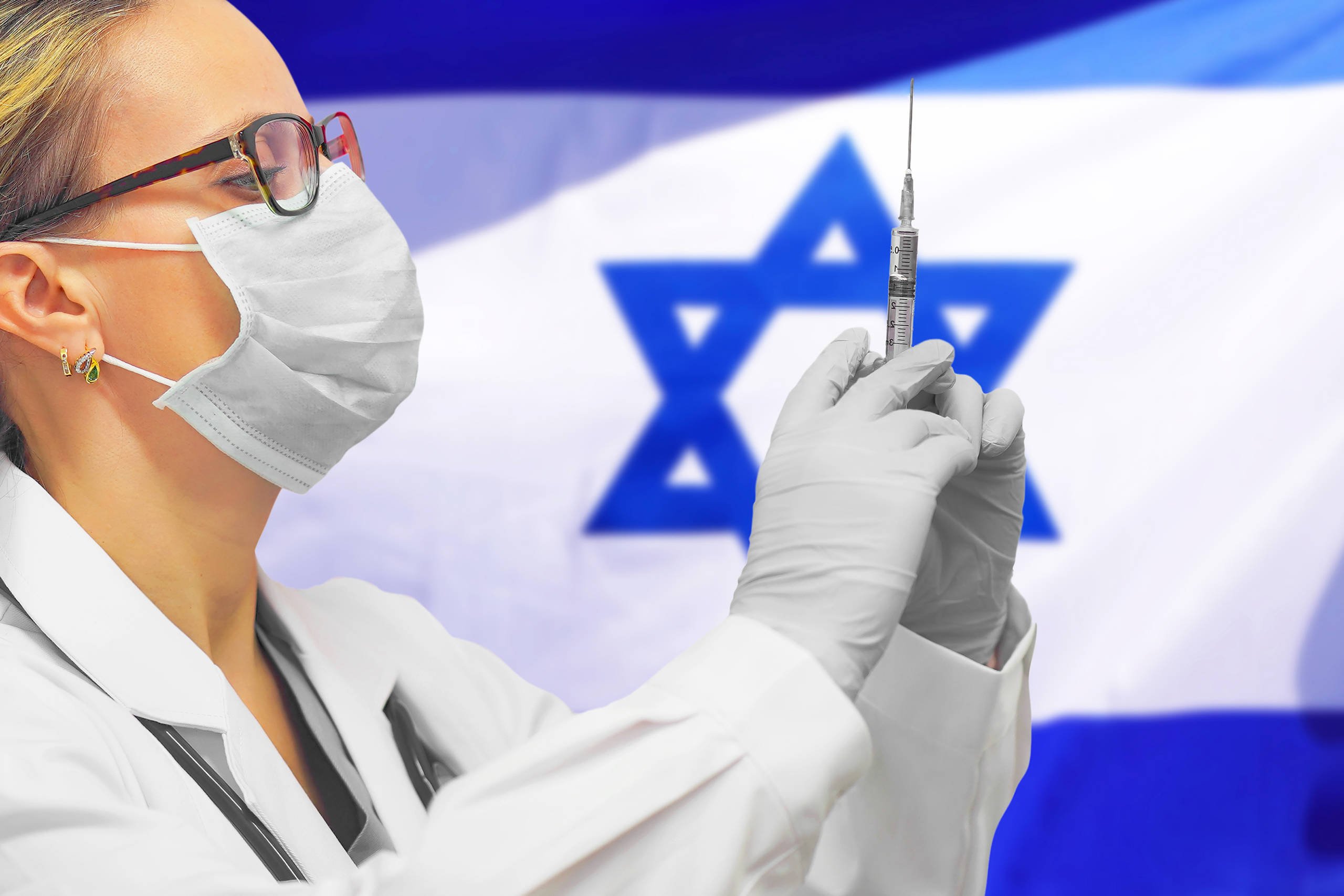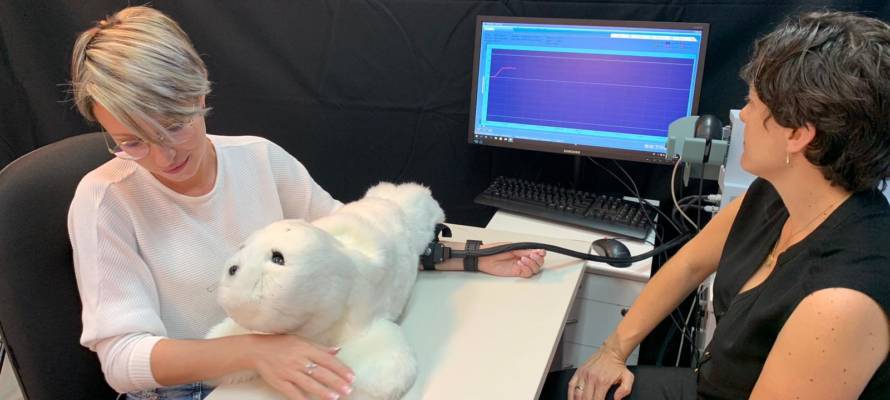Researchers at Ben-Gurion University discover that patients who touch a furry ‘social robot’ have reduced pain and are happier.
By Yakir Benzion, United With Israel
Researchers at Israel’s Ben-Gurion University of the Negev found that patients who played with a seal-like furry robot called PARO had reduced levels of pain and increased happiness.
It is known that several studies have shown that human-to-human contact bolsters mood and reduces pain, and a better mood is obvious when you play with a puppy or kitten. But scientists were confronted by the scenario, especially in the current coronavirus pandemic, that sometimes regular human-to-human contact is not an option.
The question arose if a furry ‘social robot’ could induce similar effects. Dr. Shelly Levy-Tzedek of Ben-Gurion’s Department of Physical Therapy and her team set out to investigate, and their findings just published in Scientific Reports, an online multidisciplinary open access journal from the publishers of the widely respected journal Nature.
The researchers took a Japanese-produced social robot named PARO that looks like a furry white seal. It makes seal-like noises and moves its head and flippers in response to being touched and spoken to.
Levy-Tzedek and her team discovered that even a one-time interaction with PARO, which lasted less than an hour, improved mood and reduced mild and severe pain.
“These findings offer new strategies for pain management and for improving well-being, which are particularly needed at this time, when social distancing is a crucial factor in public health,” said Levy-Tzedek
When participants touched PARO, they experienced greater pain reduction than when it was simply present in the room with them.
Surprisingly, her team also discovered lower levels of the chemical oxytocin in those who interacted with PARO than in the control group participants, who did not meet PARO at all.
High oxytocin levels have been found in mothers playing with their children and between romantic partners, and has sometimes been called the “love hormone,” so a lower level of oxytocin is surprising.
However, recent studies have shown that outside of close relationships, oxytocin production is an indicator of stress and therefore a reduction in oxytocin in the body could indicate relaxation.

HELP ISRAELIS BATTLE CORONA!
Donate to the Corona Emergency Relief Fund. Coronavirus has taken a huge toll on the people of Israel. The poor, elderly and ill are most vulnerable.
Israeli soldiers, security officers and medical care providers operate under great danger and risk to life.
Over 1 million Israelis are out of work. Many cannot make ends meet. We provide financial aid, food, medical supplies and more. Funds are distributed where needed most. The time to act is now!
United with Israel extends a special note of appreciation to the Genesis Prize for their generous support.
Send Passover Packages to Needy Israeli Soldiers - Bring Them Joy!
We are honored to thank the young men and women of the IDF who risk their lives every day to protect the citizens of Israel. Since October 7th, soldiers have been on the battlefield for months - many are hoping to come home for Passover.
Join us in sending Passover food packages (and personal notes) to Israeli soldiers and their families.
Many soldiers spend the Passover holiday with needy families back home. The soldiers greatly appreciate your love and concern. Bring them Passover joy!
CLICK HERE TO SEND YOUR PACKAGE AND NOTE TO ISRAELI SOLDIERS!




